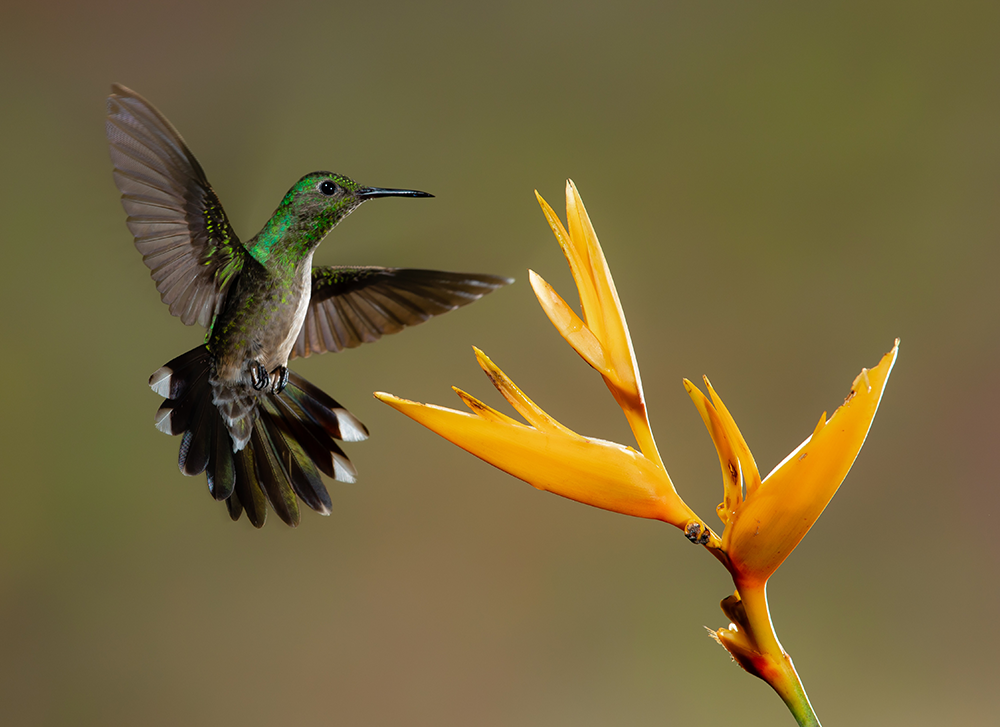Joyce D’Silva, Ambassador Emeritus and former Chief Executive of Compassion in World Farming, discusses her new book Animal Welfare in World Religion and reflects upon the relationship between faith and animal issues.
Tell us about your latest book and what was the inspiration for writing it?
Globally animals are suffering every minute of every day in their billions. Those of us working for change, campaign to raise awareness, we lobby governments for better laws and bans on cruel practices and we demand higher standards from the food industry. But there is a huge untapped source of power and influence which could be supporting change – but is notably silent – the major faiths of this world.
So, I decided to look at the teachings of these faiths – what do their holy books say? What did their founders or leading figures say? I found a treasure trove of beautiful teachings about our relationship with other sentient beings.
The teaching is there, but it is being ignored. I hope my book can bring it to the forefront in all these faiths, so that their leaders and followers become spokespeople for the wellbeing of animals. Let’s unleash these teachings on the world!
Did you make any notable or encouraging discoveries when you conducted your research?
As I write in my Introduction, I did not know that Allah had given cattle to the people not just for food and clothing but so that “you find beauty in them when you bring them home to rest and when you drive them out to pasture” (Qur’an 16:6).
I was unaware that one of the reasons why Moses was chosen to lead his people was that he showed compassion to a thirsty lamb who had strayed from the flock.
I was heartened by the lovely Buddhist metta (loving-kindness) prayer: “May all beings everywhere be happy. May they be healthy. May they be at peace. May they be free.”
I love the story in the Hindu scriptures of Yudisthira, who was prepared to give up his place in heaven to that of a faithful dog.
What of the beautiful words of Saint Isaac the Syrian who described a merciful heart as “a heart on fire for the whole of creation, for humanity, for the birds, for the animals … and for all that exists”?

Are there common themes among the major world religions regarding how they perceive animals?
The Abrahamic faiths (Judaism, Christianity and Islam) all say that God created the animals, they are his creatures. Jewish teaching says that humans must not cause animals to suffer, in fact one should act to relieve their suffering. Islam believes that animals praise Allah (God) and they are regarded as “communities like you” and will be raised up like humans on the Last Day. A kind action to an animal is as meritorious as one to a human.
Christianity has differing perspectives, with some seeing animals as put there by God for our use and humans always at the apex of creation. Even Luther wrote “The beasts of the field and the birds of the heaven were created for mankind: these are the wealth and possessions of men” (Luther’s works 1.58-9). But, of course, Jesus said, “Blessed are the merciful” and that surely extends to mercy for all beings. Some Christian teachers see the incarnation of Jesus as being “as a metaphysical union with nature as a whole” and Jesus told his disciples to “preach the gospel to all creation”, not just to humanity!
Hinduism and Buddhism believe in reincarnation. Although there are big differences between the two faiths, both see a bad human life as likely to lead to an animal incarnation next time. Both call for real compassion for animals, who are also sentient beings.
Is there a gap between the way faiths teach that animals should be treated and the way animal are actually treated?
For each faith I looked at the teaching and then at a country where that faith is predominant to see if the teaching made any difference in practice to the lives of animals. Sadly, in most cases it didn’t make much difference. In nearly all countries millions of animals are being factory farmed, wild animals are hunted or used for sports like cock fighting, animals are being experimented on and even elephants attached to temples may be chained by the leg for hours on end.
What did you find most striking about Christian perspectives on animals?
Christianity does seem to hold very differing views, from the idea that “animals are here for us to use” to the examples of people like St Francis, who truly saw them as fellow-beings or John Wesley who believed they would share in the resurrection or William Wilberforce, who campaigned not just against slavery but for the welfare of animals and who helped establish the RSPCA. More recently the Lutheran theologian, Jurgen Moltmann, has written “Whoever injures the dignity of animals, injures God”.

How can Christian individuals and communities improve their engagement with animal issues?
Rev David Clough says it is urgent “for Christians to reclaim the connection between concern for animals and Christian faith”. He calls for Christians to reduce their consumption of animal products and only buy such products if they know the animals have led a life that allowed them to “flourish”. He is echoed by the Rev Fletcher Harper, founder of GreenFaith, who says reduce your consumption of meat “or go vegetarian or vegan”.
Pope Francis has called, in his revolutionary encyclical Laudato Si’ (2015), for an ecological conversion and for “showing care for other living beings”.
So, Christians can take action in their personal lives regarding food and products like cosmetics and household cleaners etc, which are often tested on animals. They can join animal welfare organisations and become active campaigners too, or at least spread the word in their own churches and amongst their family, friends and colleagues.
Which prime issues can people of all faiths unite together in tackling?
People can come together to campaign for an end to cruel factory farming systems, or cosmetic experiments or cruel sports. They can unite under a “Compassion for animals” banner.
What challenge would you issue to faith leaders in regard to animal concerns?
Please research the teaching of your own faith on our relationship with animals and then please speak about it, preach and write about it. Be the Wilberforce or Gandhi of today! Get together and form an Action Plan for Animal Wellbeing. Please set an example for your followers in living a life of compassion for all beings.
Joyce D’Silva D.Litt is Ambassador Emeritus and former Chief Executive of Compassion in World Farming. For more information about her work visit the CIWF website.
Joyce’s book Animal Welfare in World Religion: Teaching and Practice is published by Routledge. Routledge are offering a 20% discount off the paperback with the code ESA31 which is available until the 30th June.




